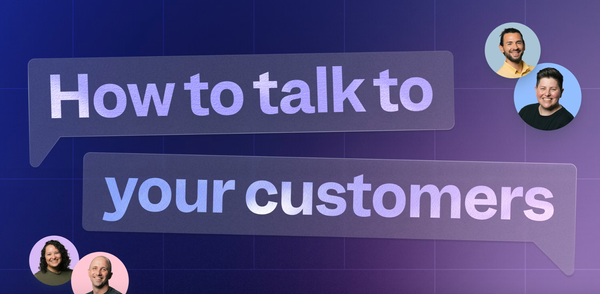Agree to Disarm: Mastering Cold Call Objections
Cold calling can feel like walking into a battlefield unarmed. The constant stream of objections can quickly become disheartening. However, there’s a surprisingly effective strategy that can turn the tide in your favor: agreeing with the objection before you handle it. It may seem counterintuitive, but this approach can diffuse tension, foster rapport, and open up a genuine conversation. Let’s explore how this method works with six common cold call objections.
1. NOT INTERESTED
When a prospect says they’re not interested, it’s tempting to dive into a pitch to change their mind. Instead, acknowledge their stance with humor and understanding.
- Response: "Ah, my bad. You probably would’ve reached out to us if you needed help."
By agreeing with their objection, you validate their current state and remove the adversarial tone from the conversation. This approach can disarm the prospect and make them more open to discussing their needs.
2. NO BUDGET
Budget constraints are a common roadblock. Acknowledging the financial challenges can build empathy and trust.
- Response: "I hear ya. Nowadays, it’s hard enough to keep something that’s in the budget, let alone ask for something new."
This response shows that you understand their situation and aren’t just pushing for a sale. It can lead to a discussion about their priorities and how your solution might fit into their budget in the future.
3. COMPETITOR
When a prospect mentions they’re using a competitor, it’s easy to feel defensive. Instead, agree with their choice and offer a different perspective.
- Response: "I should’ve assumed you’d be all set. Honestly, most of the time it doesn’t make sense to switch when you’ve got something in place."
Acknowledging their current solution shows respect for their decision. This can lead to a conversation about what they like about their current provider and if there are any gaps your product might fill.
4. IT'S NOT MADE FOR COMPANIES LIKE US
Prospects often believe your solution isn’t a fit for their company. Agreeing with their skepticism can pave the way for a more nuanced discussion.
- Response: "I can totally respect that you wouldn’t even look at a tool if you weren’t 100% sure it’d scale into the thousands of employees."
This response respects their due diligence and can lead to a conversation about their specific needs and how your solution could be customized to fit them.
5. I THOUGHT YOU WERE SOMEONE ELSE!
Mistaken identity can be a humorous and disarming moment. Lean into the humor to keep the conversation light.
- Response: "Well, I can change my tone of voice and pretend to be someone different if you’d like!"
Humor can break the ice and make the prospect more receptive. This approach can turn an awkward moment into an opportunity to engage.
6. IS THIS A COLD CALL!?
Acknowledging the nature of the call with humor can diffuse defensiveness.
- Response: "Yes, and it’s going so, so badly."
This self-deprecating humor can make you more relatable and human. It can lead to a more relaxed conversation where the prospect is more willing to engage.
The Power of Agreement
Agreeing with objections isn’t about conceding defeat; it’s about disarming the prospect and shifting the dynamic. When you agree with an objection, you:
- Diffuse Tension: Agreeing reduces defensiveness and creates a more open environment.
- Build Rapport: Showing understanding and empathy can foster trust and connection.
- Invite Conversation: Once the prospect feels heard, they’re more likely to engage in a meaningful dialogue.
Moving the Conversation Forward
After agreeing with the objection, it’s crucial to ask a question that keeps the conversation going. For example:
- Question: "Just so no one calls you again, is it that you’ve got a solution, you’re not thinking about this problem at all, or you just hate getting cold calls?"
This question shows respect for their time and aims to understand their perspective better. It also provides insight into their current situation and potential pain points.
Conclusion
Mastering cold call objections with agreement and humor can transform your sales approach. By diffusing tension and fostering genuine conversations, you can turn objections into opportunities. Remember, it feels really dumb to fight someone who’s not fighting you back. So, agree, engage, and explore the prospect’s needs with empathy and understanding.
Implement this strategy in your next cold call, and watch how it changes the dynamics of your conversations. Handle the reaction, then the objection. Want to learn more about turning cold calls into successful engagements? Stay tuned for more insights and strategies.
Keywords: Cold calling objections, sales strategy, handling objections, sales tips, lead generation, customer engagement, mastering cold calls, sales techniques, cold call success, sales empathy.


